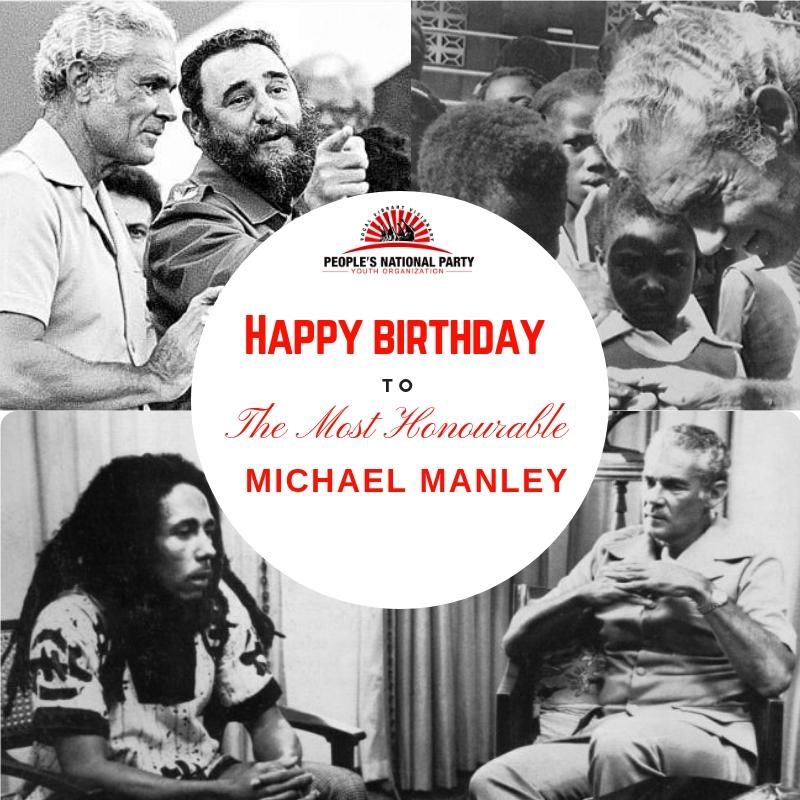

The PNP had boycotted the parliamentary elections. Parliamentary elections were held on December 13, 1983, and the JLP won 60 out of 60 seats in the House of Representatives. Some 800 individuals were killed in election-related violence. Edward Seaga of the JLP was sworn in as prime minister by Governor-General Sir Florizel Glasspole on November 1, 1980. The PNP won nine seats in the House of Representatives. Parliamentary elections were held on October 30, 1980, and the JLP won 51 out of 60 seats in the House of Representatives. On May 30, 1980, government troops were called out to restore order after riots broke out in Kingston. Five individuals were killed by gunmen on Gold Street in Kingston on April 20-21, 1980. Seven individuals, including three government policemen, were killed in political violence in Kingston on January 8-10, 1979. Government security forces ambushed and killed five JLP supporters in Port Henderson on January 5, 1978. The government lifted the state of emergency on June 5, 1977. Local elections were held on March 8, 1977, and the PNP won 237 out of 269 seats in the local councils. The Jamaica Labor Party (JLP) won 13 seats in the House of Representatives. Parliamentary elections were held on December 15, 1976, and the People’s National Party (PNP) won 47 out of 60 seats in the House of Representatives. The parliament was dissolved on November 23, 1976.

On June 19, 1976, the government announced a state-of-emergency after some 160 individuals had been killed in political violence since the beginning of the year. Ten individuals were killed in political violence in Kingston on May 21, 1976. Sir Herbert Duffus was appointed to serve as Acting Governor-General of Jamaica on March 2, 1973, and Sir Florizel Glasspole was appointed to serve as Governor-General of Jamaica on June 27, 1973.Ĭrisis Phase (January 6, 1976-February 10, 1989): Four government policemen and four civilians were killed in political violence in Kingston on January 6-9, 1976. Michael Manley of the PNP was sworn in as prime minister by Governor-General Sir Herbert Duffus on March 2, 1972. The JLP won 16 seats in the House of Representatives. Parliamentary elections were held on February 29, 1972, and the PNP won 37 out of 53 seats in the House of Representatives. Hugh Shearer of the JLP was sworn in as prime minister on April 11, 1967. Sir Donald Sangster of the JLP was sworn in as prime minister by Governor-General Clifford Campbell on February 23, 1967, but he died on April 11, 1967. The PNP won 18 seats in the House of Representatives. Parliamentary elections were held on February 12, 1967, and the JLP won 33 out of 51 seats in the House of Representatives. Sir Clifford Campbell was appointed to serve as Governor-General of Jamaica on December 1, 1962.

Sir Kenneth Blackburne was appointed to serve as Governor-General of Jamaica, representative of Queen Elizabeth II (head of state), on August 6, 1962. Jamaica formally achieved its independence from Britain and became a member of the Commonwealth of Nations (CON) on August 6, 1962. Sir Alexander Bustamante of th e JLP was sworn in as prime minister by Governor Sir Kenneth Blackburne on April 29, 1962. The People’s National Party (PNP) won 19 seats in the House of Representatives. Pre-Crisis Phase (April 10, 1962-January 5, 1976): Parliamentary elections were held on April 10, 1962, and the Jamaica Labor Party (JLP) won 26 out of 45 seats in the House of Representatives.


 0 kommentar(er)
0 kommentar(er)
